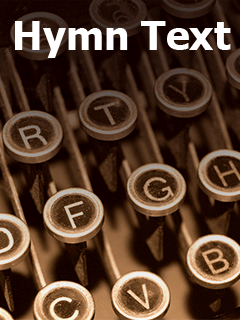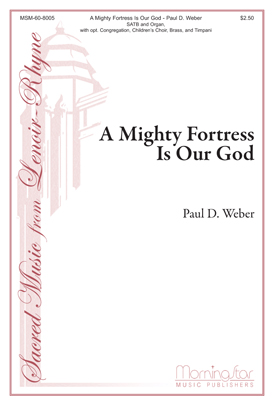1 Grodem mocnym jest Bóg wieczny,
orężem i obroną.
Kto w nim ufa ten bezpieczny,
On w nieszczęściu zas-ɵną.
Dawny, srogi wróg pragnie,
by nas zmógł, w podstęp się zbroi,
zgubić nas się stroi;
w świecie nie ma równego.
2 Nasza siła nic nie zdoła,
w klęskach pr≤edko giniemy;
lecz do boju wódz nas woła,
z nim pewnie zwyciężymy!
Pytasz, kto jest ten?
Chrystus Boży Syn,
nasz Pan nad pany,
Bóg nasz uwielbiany;
zwycięstwo Go nie minie!
3 Choćby świat był diabłów pełny,
pragnących nas pochłonąć,
odpór damy im rzetelny,
strach nas nie ma ozionąć,
Książe świata wzrok
groźny rzuca w bok;
próżno się sroży,
skazał go sąd Boży!
Ten go słówkiem rozbroi.
4 Słowa niech nie naruszają,
a zrzeką się wdzięczności!
Bóg jest z nami! Niech to znają,
On da męstwa, śmiałości,
chcąli życie wziąć,
żonę, dzieci jąć,
cześć, majętności;
niech biorą w swej złości;
nam królestwo zostanie!
Source: Śpiewnik Ewangelicki: Codzienna modlitwa, pieśń, medytacja, nabożeństwo #259


 My Starred Hymns
My Starred Hymns








